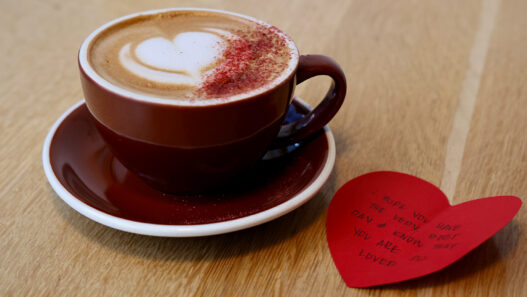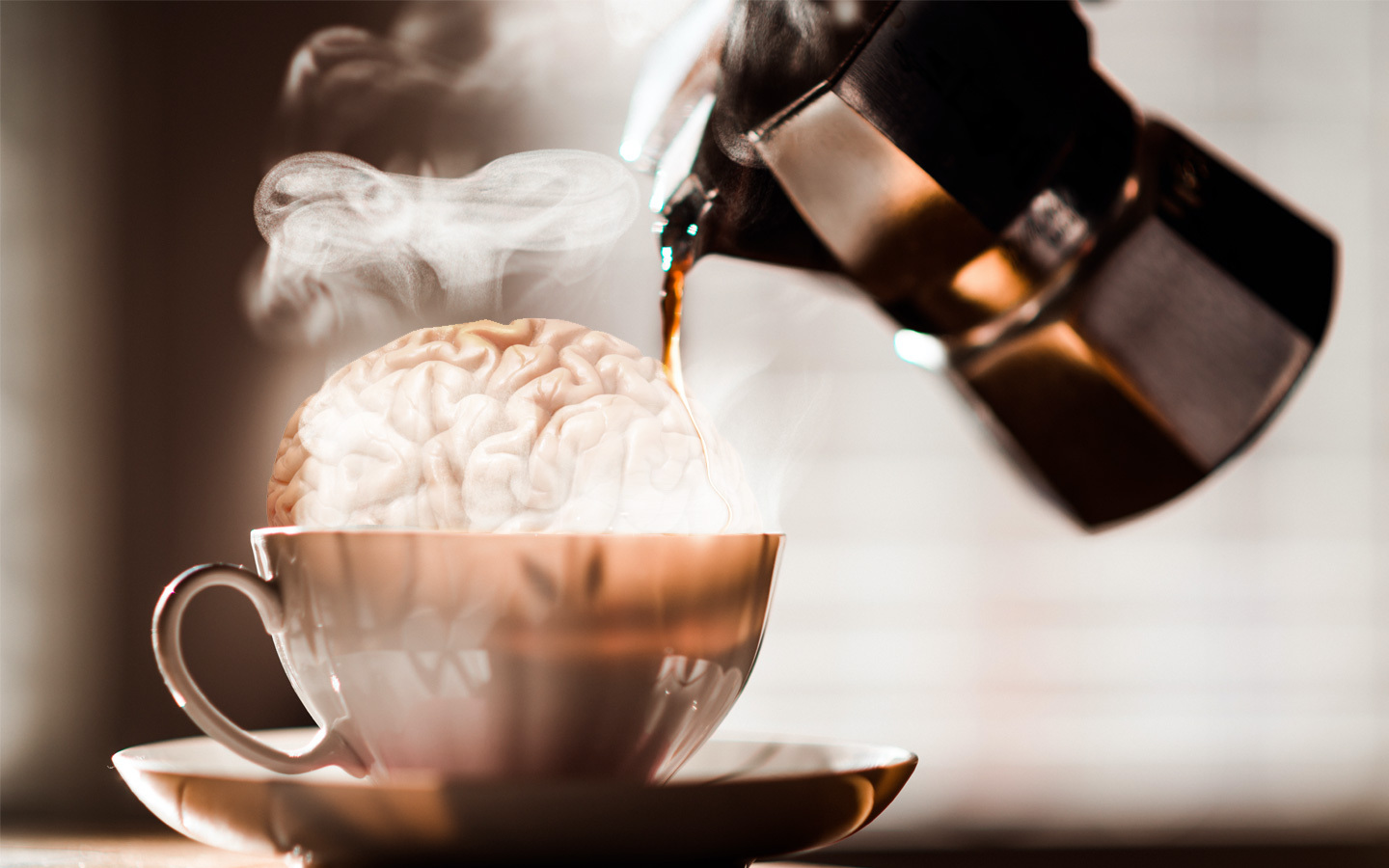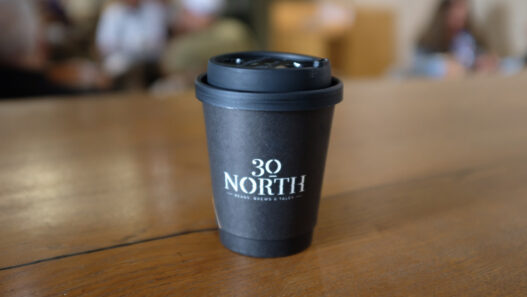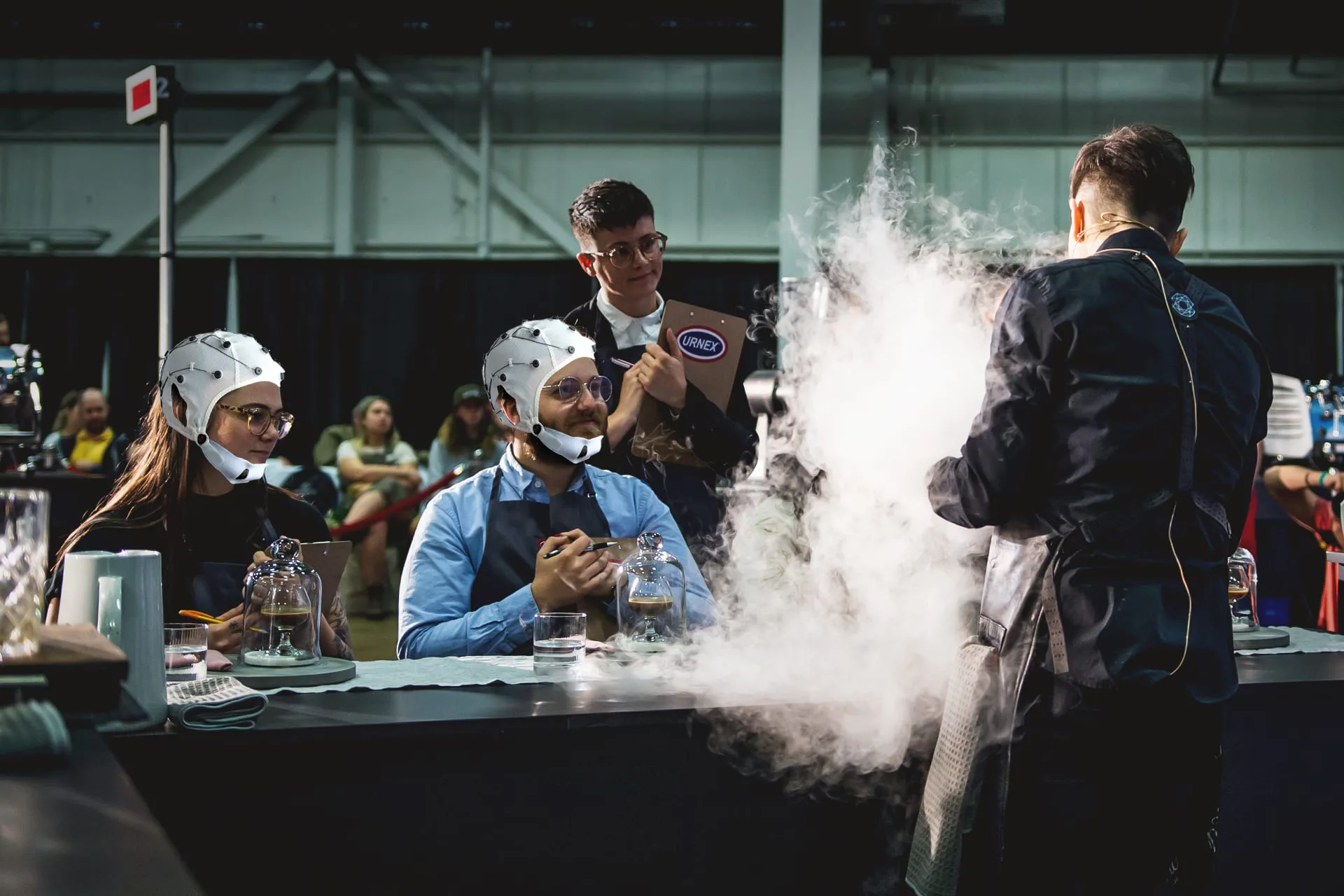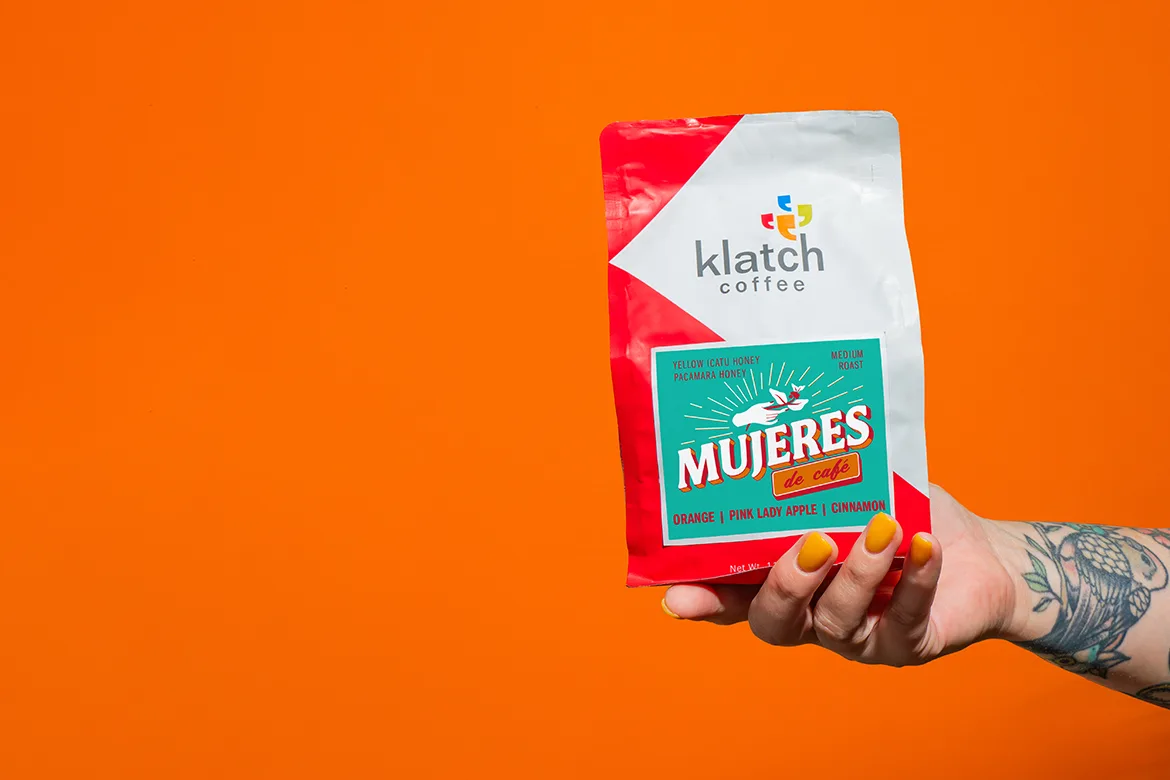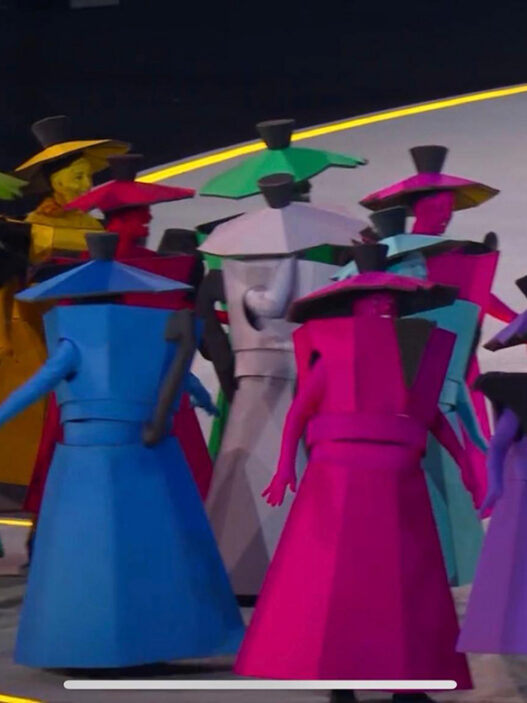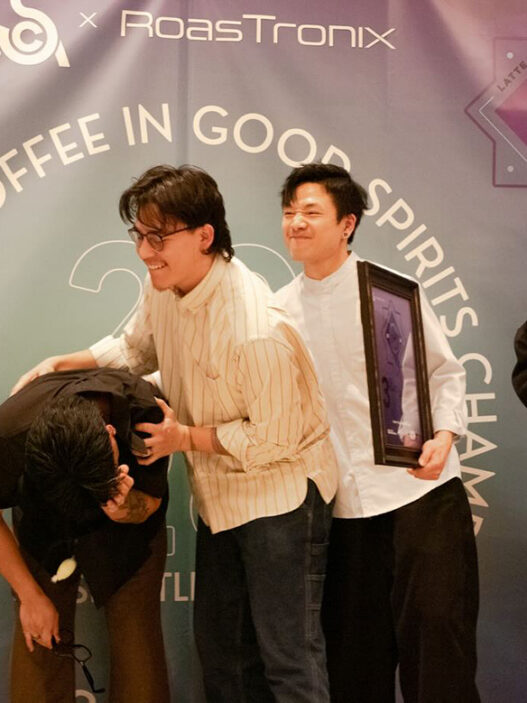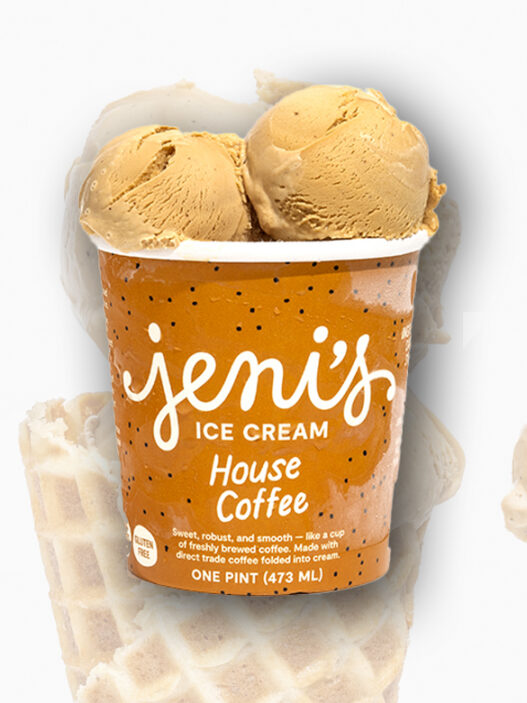If I were to give you a cup of coffee, you could drink it and tell me that you liked it, but how would I know if it were true? I guess I could take your word for it, but wouldn’t it be better to strap you into some goofy headgear and all sorts of body sensors to make you prove it empirically? Thankfully, researchers from Italy have found a way to use wearable technology to measure a person’s emotional response to tasting coffee.
All glibness aside (at least momentarily), the study is a fascinating confluence of coffee and technology. Published in the Journal of the Science of Food and Agriculture, the study’s authors seek to use technology as means of cutting through bias in things like flavor assessment of a coffee. As reported by Medical Xpress, for the first-of-its-kind study, researchers hooked up expert coffee tasters at a cupping in Milan to measure their physiological responses to what they tasted.
The tasters were connected to different responses measuring devices: an electrocardiographic (ECG) signal that “measures the electrical activity of the cardiac muscle and is able to provide information about the autonomic nervous system branches, which are in charge for arousal and relaxation, respectively,” a Galvanic Skin Response (GSR) that is “elated to the electrical activity of the human skin, correlated with emotional states, and is under direct control of the sympathetic nervous system,” and a electroencephalographic signal (EEG) that measures electrical activity in the brain and “provides information about the activation and connectivity of and between specific brain areas.”
When the readings were compared to the questionnaires filled out during the tastings by the experts, researchers found the signals “significantly” correlated with the questionnaire responses. This, per Medical Xpress, confirms the viability of using these sort of sensors for quality assessments.
“This research could open a new perspective into sensory analysis of coffee tasting,” noted Lucia Billeci, a researcher at the Institute of Clinical Physiology of the National Research Council of Italy (IFC-CNR), and corresponding author of the study. “Aside from the usual questionnaires, panelists and judges could be equipped by minimally invasive devices and can be monitored in terms of the emotions triggering physiological responses.”
Bellici goes on to note that the uses for this technology extend to things like “neuromarketing,” a field that could use these sorts of readings along with artificial intelligence to help consumers find coffees that are “more emotionally satisfying for them.”
But the real use for this technology, and I mean this, is for judging at the Barista Championships. Just imagine it: a panel of judges hooked up to skull caps and heart and skin sensors for real-time measuring of their enjoyment of a competitor’s espresso course. We could even livestream the readouts. Is that experimental coffee actually enjoyable or just a novelty? Did the the flavor notes match the calls? Was that eye contact a little too long and things got weird? Let’s go to the brainwaves.
This is what I want to see in competitions. Putting the judges in a Matrix-style goo vat would be a nice touch too, but the hats will suffice.
Zac Cadwalader is the managing editor at Sprudge Media Network and a staff writer based in Dallas. Read more Zac Cadwalader on Sprudge.






